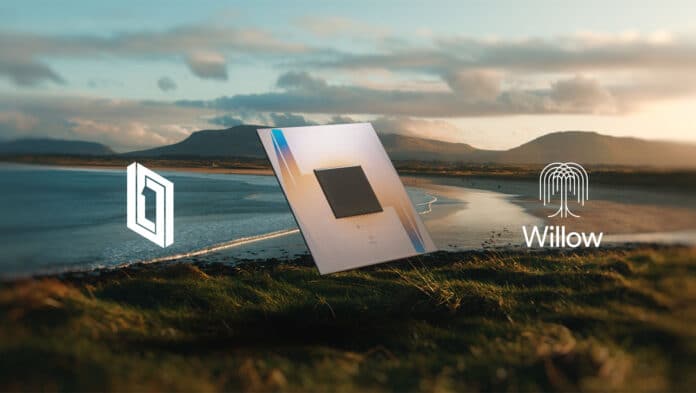
By Ashwini Sakharkar 13 Dec, 2024
Collected at: https://www.techexplorist.com/google-unveils-willow-latest-greatest-quantum-computing-chip/94548/
Google has unveiled Willow, its latest, greatest quantum computing chip that can tackle complex problems in a mere five minutes—an accomplishment that would currently take the world’s fastest super computers an unfathomable ten septillion (that is, 10,000,000,000,000,000,000,000,000) years to achieve.
This chip represents a significant leap forward in the exciting field of quantum computing, which seeks to harness the principles of particle physics to build computers with unprecedented power.
Willow includes significant “breakthroughs” and “sets the foundation for a practical, large-scale quantum computer.” Nevertheless, experts indicate that Willow is primarily an experimental device at this stage, suggesting that a fully functional quantum computer capable of tackling a variety of real-world issues is still many years and billions of dollars away.
Quantum computers operate on principles that are fundamentally different from those in your smartphone or laptop. They utilize the principles of quantum mechanics— the unusual behavior of ultra-tiny particles— to tackle complex problems with remarkable speed and efficiency, possibly surpassing the limits of traditional computing. This transformative technology holds tremendous promise, especially in critical areas such as drug discovery, where it could greatly enhance our ability to develop new medicines.
However, with great power comes great responsibility; there are legitimate concerns that quantum computing could be misused, particularly in breaking encryption methods that safeguard sensitive personal and corporate data.
In a proactive move, Apple announced in February that it is fortifying the encryption protecting iMessage chats to be “quantum proof,” ensuring that our communications remain secure against future quantum threats.
Hartmut Neven, who leads Google’s Quantum AI lab responsible for developing Willow, describes himself as “chief optimist” of the project. Neven says Willow would see practical applications, though specific details are not yet disclosed. He also stated that a chip capable of commercial functions is not expected to be available until the end of the decade, with initial uses focusing on simulating systems influenced by quantum effects.
“Willow has state-of-the-art performance across a number of metrics, enabling two major achievements. The first is that Willow can reduce errors exponentially as we scale up using more qubits. This cracks a key challenge in quantum error correction that the field has pursued for almost 30 years. Second, Willow performed a standard benchmark computation in under five minutes that would take one of today’s fastest supercomputers 10 septillion (that is, 1025) years — a number that vastly exceeds the age of the Universe.” Hartmut Neven said in a blog post on Google’s website.
He further explained that Willow’s performance on this benchmark is nothing short of revolutionary: This staggering figure surpasses known timescales in physics and dwarfs the age of our Universe. Such a result supports the intriguing idea that quantum computation operates across multiple parallel universes, echoing the multiverse theory first proposed by David Deutsch.
Journal reference:
- Google Quantum AI and Collaborators. Quantum error correction below the surface code threshold. Nature, 2024; DOI: 10.1038/s41586-024-08449-y

Leave a Reply